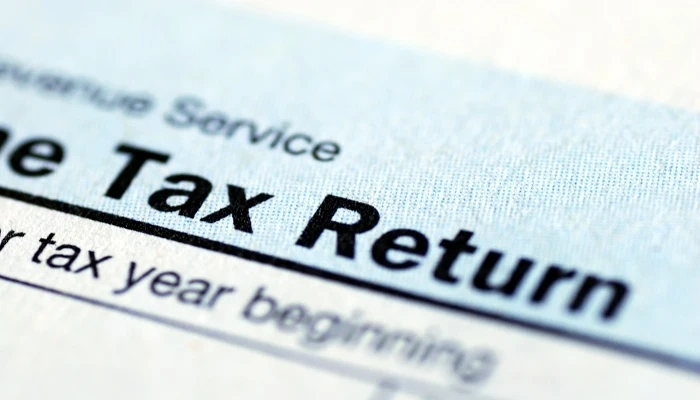Life can get hectic, and sometimes important tasks like filing tax returns fall by the wayside. However, neglecting to file your taxes can lead to a cascade of problems down the road. In this blog, we will explore the potential consequences of unfiled tax returns and provide solutions to help you get back on track.
Potential Issues
Financial Penalties and Interest Charges
One of the most immediate consequences of unfiled tax returns is the accumulation of financial penalties and interest charges. The IRS imposes a failure-to-file penalty, which can be up to 5% of the unpaid taxes for each month the return is late, up to a maximum of 25%. Additionally, there is a failure-to-pay penalty, which accrues at 0.5% per month. These penalties can quickly add up, making it essential to address unfiled taxes as soon as possible to minimize financial damage.
Impact on Credit Scores and Financial Health
Unfiled tax returns can also impact your credit score and overall financial health. When the IRS takes collection actions, such as filing a tax lien, it becomes a matter of public record. This lien can appear on your credit report, significantly lowering your credit score and making it difficult to secure loans or lines of credit. Moreover, a tax lien indicates to creditors that you are a high-risk borrower, further complicating your financial situation.
Criminal Charges: When Non-Filing Becomes Fraud
While it is rare, failure to file tax returns can lead to criminal charges. The IRS may pursue criminal prosecution for those who willfully neglect to file their taxes, viewing it as tax evasion or fraud. This can result in severe penalties and potential imprisonment. Criminal charges can impact your financial status as well as your reputation. It’s crucial to consult with a tax attorney in Dallas to avoid these charges. They can negotiate with the IRS and determine an optimal payment plan.
Tax Solutions Available:
File Unfiled Tax Returns
Filing unfiled tax returns, even if years overdue, is always better than not filing at all. Gather all necessary documentation and relevant financial records. Use the IRS’s online tools and resources to obtain transcripts of past returns if needed. Once you have all the information, complete and submit your returns for each unfiled year. You can file these returns electronically or by mail, depending on your preference and the IRS’s requirements.
Negotiate Payment Plans with the IRS
Negotiating a payment plan with the IRS can help taxpayers manage financial obligations. The IRS offers several payment options, including installment agreements. By setting up a payment plan, you can pay off your tax debt over time, reducing the immediate financial burden. It’s essential to communicate promptly with the IRS to explore these options and avoid further penalties.
Tax Relief Options
Various tax relief options are available for those struggling with unfiled tax returns and outstanding tax debts. Programs such as the IRS Fresh Start Initiative can provide relief by allowing more manageable payment terms and even offering tax debt forgiveness in certain circumstances. Additionally, offers in compromise (OIC) enable you to settle your tax debt for less than the full amount owed if you meet specific criteria. To determine your eligibility for IRS tax relief options, consult with an experienced tax attorney in Dallas.
Seek Professional Help: Tax Advisors and Attorneys
For those facing complex tax situations, multiple years of unfiled returns, or concerns about potential penalties, seeking professional help from tax advisors and attorneys in Dallas, Texas, is wise. With their comprehensive legal knowledge, they can guide you through the process, advise you on the best course of action, and represent your case in front of the IRS, providing you with peace of mind.



